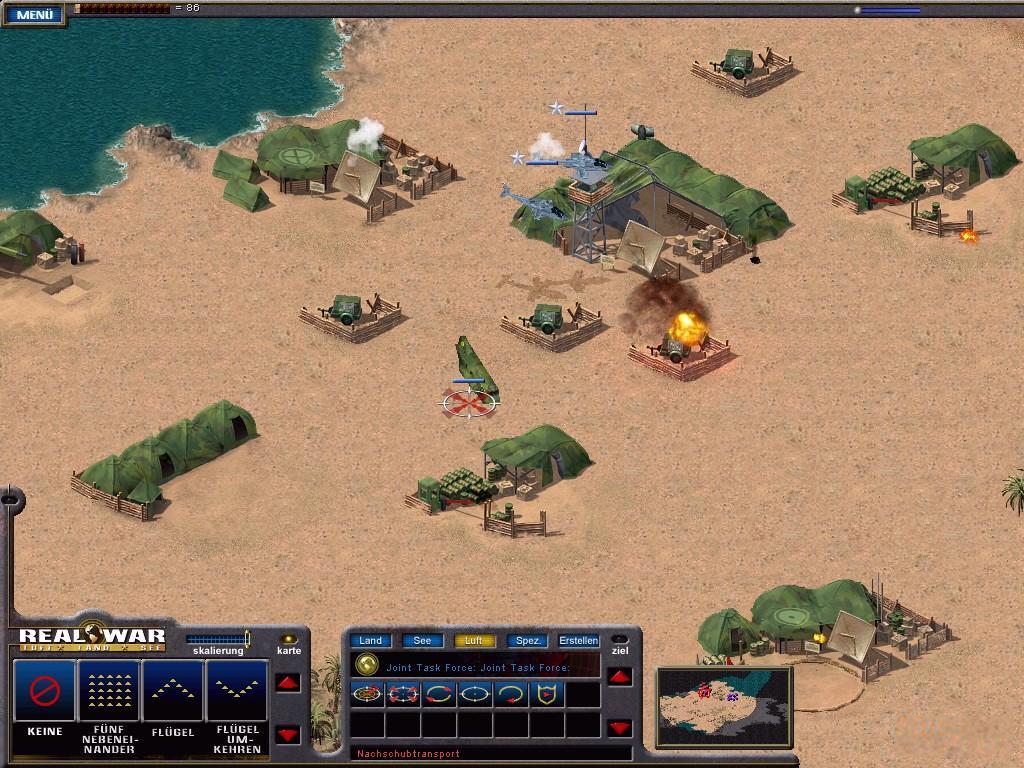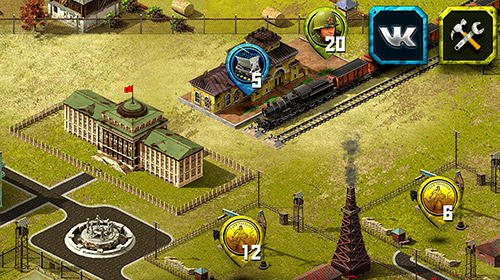

There is no official ICRC report on the topic, aside from the study in the Review."Īnd the ICRC has no plans to try and study the impact video games might have on behavior, he said. "They are part of a unit here in Geneva which works on implementation of the law of armed conflict, be it through meetings and working with military training officials, universities or other groups of interest. "There are the authors of the aforementioned article and a few others who have an interest in this issue," he said. International Committee of the Red Cross spokesman Bernard Barrett told Polygon that while the issue has been examined, there is no dedicated group working on it. The authors of the report say they hope to see some of the fruits of that labor by this December. Members have met with the industry a few times over the past year, including talking to the developers behind war game Arma 3. Instead, the authors are calling for the game industry to be willing to spend the time to create more realistic video games.Īnd they've already seen some success. The report is clear that the Red Cross isn't asking for government intervention. The big question, ultimately, is what to do about it. They can also lead to a general misperception of what is and isn't lawfully allowed in war. The report argues that while video games may not teach bad behavior, they can most certainly trivialize war crimes. Photo by ICRCīut so what? Aren't video games entertainment? In the report, the conclusion that the authors come to is that video games often don't allow players options when asked to make decisions about humanitarian law violations or that video games' lack of nuance, be it the dearth of civilians in combat or inability to take prisoners, can lead to a misunderstanding of the realities of war.Įxecution of a captive in Modern Warfare 2. That video games often represent the worst in war isn't really a contentious idea the question is whether that is meaningful and what to do about it. That includes creating a perception that battlefields are always devoid of civilians, and thus an open shooting range, that virtual commanders behave in inhumane ways and that war is lawless and fought against demonized, dehumanized enemies. The authors found that four of the five causes for violations of International Humanitarian Law during real war are reflected in many video games about war. "Why can't players be rewarded for compliance with the rules governing the use of force as well as the treatment of persons in the hands of the enemy and sanctioned for violating the same?"

In the article, written by Ben Clarke, Christian Rouffaer and Francois Senechaud, the trio ask if video games can be a positive medium of influence to reinforce understanding and respect for the laws of war. " Beyond the Call of Duty: why shouldn't video game players face the same dilemmas as real soldiers" was published alongside articles about about drone strikes, cyber war and autonomous weapons. The takeaway was that video games are an important method for disseminating information and that they can be used to raise awareness of war crimes, but often don't reflect the realities of war. Last summer, the International Review of the Red Cross published an article that more deeply examined the issue. In other words, they wanted video war games to better reflect the realities of modern combat. During the 31st International Conference of the Red Cross and Red Crescent in Geneva in 2011, a committee discussed whether the Geneva and Hague conventions should be applied to the fictional recreation of war in video games.

Under the Geneva Conventions, the Red Cross is mandated to protect the victims of international and internal armed conflict.

It's a simple question that the International Committee of the Red Cross has been weighing for nearly two years. War has laws why can't war games reflect them?


 0 kommentar(er)
0 kommentar(er)
